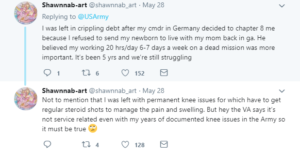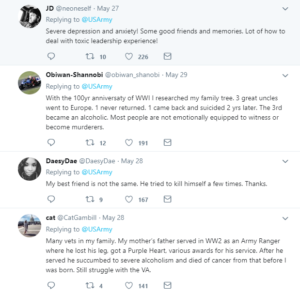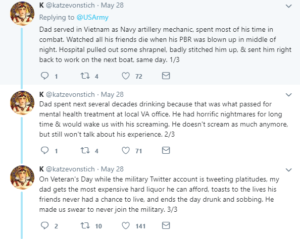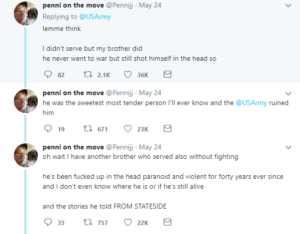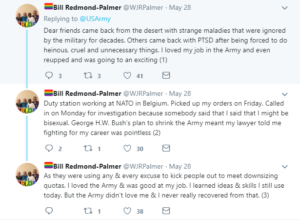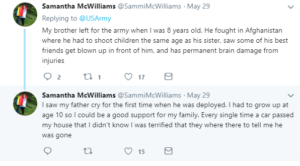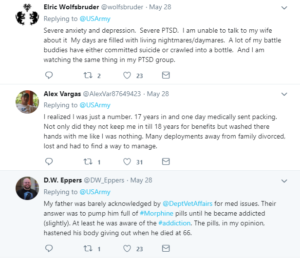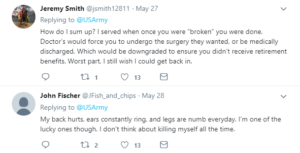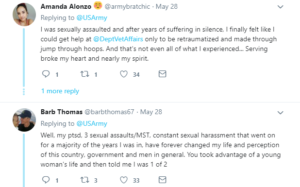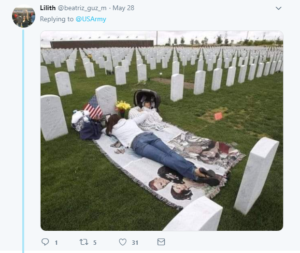I had been working as a counselor for less than six months when a guy on my caseload told me that he was dying from AIDS. He wasn’t sure if he contracted it from sex or sharing needles. It was late at night and he couldn’t sleep. He told me it took him a few months to feel comfortable enough to open up to me about it.
“It’s hard to focus on staying clean sometimes because I know I’m going to die soon. Every day I have moments where I ask what’s the point.”
He talked about how he had wasted so much time. He was angry at himself and others, but mostly himself. “I’m fucking scared Frank,” he said as his eyes welled up.
“I put it out of my head and once in a while I have a nice moment or a laugh, and then it comes roaring back.”
I stayed later than usual. After that, we fell into a routine. I worked until 11 pm a few nights a week. Usually he’d come into my office around 9 or 930. We’d talk about music, sports, and old movies. Usually we’d delve into some aspect of addiction and/or recovery. He didn’t talk about his diagnosis every night, but when we did, it was pretty deep. I felt inadequate to the task. I had never read anything about how to talk to someone that knew they were going to die. I had not be trained on it. I felt powerless. And then I figured out that my presence was a good start. I learned quickly to mostly listen, though I did ask questions. I never gave him advice or my perspective on his case (or death in general), unless he specifically asked. Eventually another man with a terminal diagnosis joined us. They raged, cried, and occasionally laughed in my office. As time passed, I was touched and honored by how much they shared and trusted me. Both died within two years.
One of my favorite clients ever got sober off of pills and heroin in the summer of 2007. An older male, he had trouble identifying with all the twentysomethings in group that were mostly court mandated. He hung around in an outpatient group for two years. At graduation, he gave me a water color painting that he made for me. “You told me I had to fill my time and I started fishing again. Remember when I went to Alaska late last summer with those other guys in recovery to go fishing? Well, I painted this for you. Do you recognize it?” I did. It was of the Coast Mountains. I had been dazzled by the orca-like patterns of snow on rock when I was in Alaska in the late summer of 2001. I was moved (ever since, the painting has hung in an office or at my house).
In 2011, he was diagnosed with terminal cancer. He relapsed and his health problems rapidly deteriorated. He reached out to me and I met him at an AA meeting in Clinton. I struggled to recognize him, for he had lost so much weight and his skin was ashy. We talked about anger, fear, unfairness, regret, pain, numbness and depression. I tried to help him get and stay clean, but he couldn’t put substances down for any length of time. He died a little over a year later. I went to his funeral and talked to his family. All these years later, I still carry the prayer card from his funeral in my car.
There have been others. There are two people in my life who are not yet 40 that have been diagnosed with terminal cancer (one brain, one breast). I visit my friend with brain cancer every two to three weeks. We have multi-hour discussions that touch upon everything, but we always talk about dying and death. His death. I ask questions. And listen. Sometimes he rages, though it’s rare. We laugh far more than you would guess.
One of the things that really aggravates him is when people ask if he got a second opinion or tried a specific remedy. A few months ago, I told him about my friend’s wife (breast cancer) and how one person reached out to her and told her that if she drank a certain concoction that it should help. And that it really pissed her off. He laughed and said, “It’s amazing how stupid people can be.”
My advice (the don’ts are pretty easy):
1) Unless you are members of the exact same religion and go to the exact same church/temple/wat/mosque with the exact same spiritual leader, refrain from saying it’s “God’s plan” or “God’s will” or offering up some other religious platitude. I write this as someone who has softened on religion over the last decade (I think it can be a wonderful way to be part of a community and engage in service work). Since humans organized into tribes and towns, we’ve had some kind of spiritual or religious belief system. Religion has attempted to explain (or make sense of) death and comfort both those that are dying and those left behind to mourn. But I think you should be very, very careful about using your religious explanation to help someone you know that is dying. Unless you go to the exact same religious building.
2) If you were dying, I assume that you would read a lot about the diagnosis on the internet (and hopefully books). I expect that you’d do everything you can to get cured or try to prolong your life. And yet, every person with a terminal diagnosis that I have ever spoken with has told me of at least one person who offered them medical advice. The advice could be crystals, potions, medications, Western methods, Eastern methods, eliminating some food, eating specific foods, or something else that evades me right now. I know that you mean well, but everyone I’ve talked to with a terminal diagnosis was irritated by this. Do not try to solve their problem, unless they ask you.
3) Ask them what you can do. If they say nothing, offer to give them a ride to the doctor’s office or the store. Bring food over. If they have kids, offer to watch them one afternoon or evening (if you are the responsible type). A writer that I admire lost his brother to cancer when he was 13. He talked about being on “planet cancer” and how everyone avoided him and his family. Be present.
4) Don’t make it about you.
5) Don’t talk about other people’s experience with the same diagnosis, unless they specifically ask you. They deal with their diagnosis all the time, and they have talked to lots of people about it.
6) Tell them you don’t understand what they are going through. But you will listen to them if they want, without advice. Ask them what they need from a conversation. To yell, cry, laugh, distract, mourn, ache, or plan. Everyone is different. There is a lot more here, but this is a good primer. If you find yourself in this position and want to know how to listen and talk to someone about this, we can have a quick chat about it.
The first five are easy. You just need to be aware of them. The sixth one is difficult, and most people aren’t up to it. That’s ok. If you can do 1-2-3-4-5, you are a good friend or competent family member.





